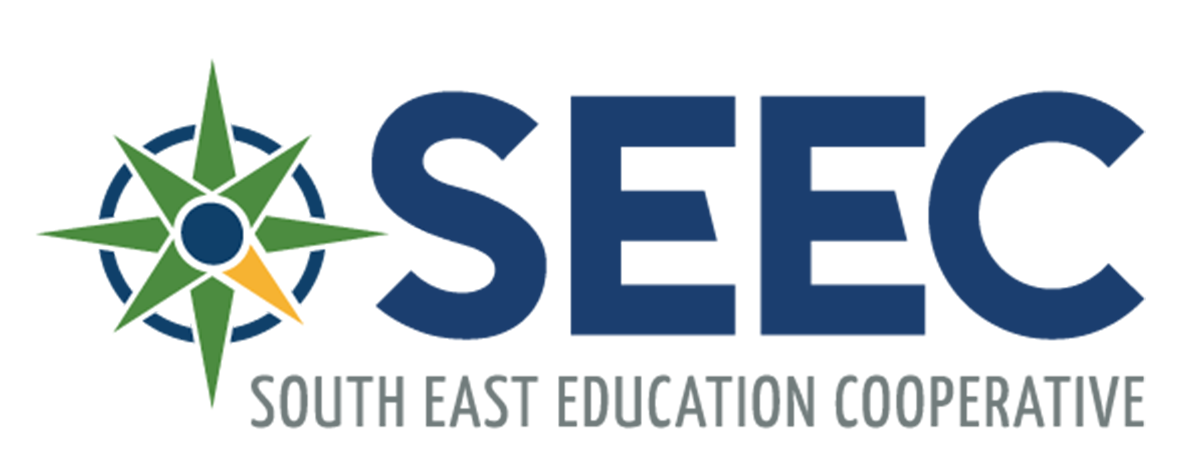Explore
About
Programs & Services
Professional Development
Student Services
Resources
Resources
Past Projects
